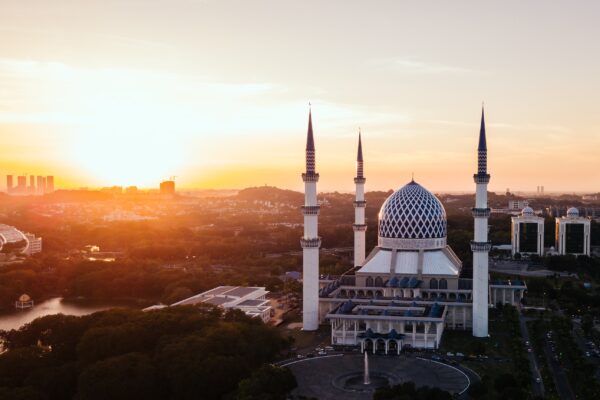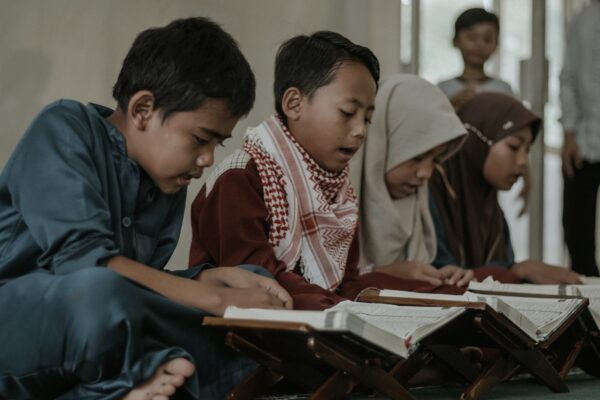It’s time to step away from patriotism.
It’s time to step away from patriotism.
The modern world likes to think that it no longer operates based on a central periphery basis with the West at the heart of it; we like to think that we have moved into a world of global interchanges. The reality of this is that the West is still the centre of the world and this has been reaffirmed once more with the swearing in of the 45th President of the United States of America, Donald Trump. The world is in frenzy, and one week after taking office, people were already Tweeting their regrets over voting for him.
It’s no secret that President Trump dislikes migrants of all kinds, and people that generally do not conform to his liking of what an American should look like. His entire campaign was built on that, and it continues to worsen with every new law he implements. With so many emboldened Americans (read, white people), I feel that everyone needs to pick up this book soon – and no, I’m not advocating the now completely sold out 1984 by George Orwell.
Burnt Shadows by Kamila Shamsie
“How could a place so filled with immigrants take the idea of “patriotism” so seriously?”
This novel follows Hiroko Tanaka-Ashraf, a Japanese woman lives through the bombing of Nagasaki in the Second World War. It traces the shared histories of two families, the Tanaka-Ashraf’s and the Weiss-Burtons, from the final (and most defining) moments of WW2, to India ahead of the partition, Pakistan after it and then to New York after the fall of the Twin Towers, which then leads onto Afghanistan in the wake of the invasion after 9/11.
Although broad, reaching and ambitious, the novel is very important as it creates a place for people to understand how trauma and the notion of borders can both carve an identity and demolish it. It allows us to question the importance of how those in search of a place to call home are often met with discrimination, disallowing them to fully assimilate, as they are too different to fully belong. However, with the concept of home being so fragile, it is difficult to understand the way in which Hiroko settles into different countries and taking on the languages and cultures in an almost chameleon-like fashion.
In doing so, Shamsie indicated that this is the way in which migrants live their lives, particularly those from the East. They are able to adapt into their newly found homes, something that Westerners are unable to take on board. She uses the colonial legacy of the British colonisers in India as an example, whereby the colonisers will always be going ‘home’ to England. They crave belonging and stability and in light of recent news of people being deported, and further bans on nationals from 7 countries from entering the United States, it is hard to understand how this sense of settling into a better future can ever become a reality. I won’t even comment on how these 7 countries have all been the target of heavy wars from America.
This notion of war is also important, especially since the character of Hiroko is from Japan and was at the receiving end of the American aggression. Granted, the history between the two countries is a long and sticky one, but there is one overarching factor that needs to be taken in. With the bombing of Nagasaki, though it took a long time, the Japanese knew how to pick themselves up and rebuild. In contrast to this, particularly since 9/11 took place some 15/16 years ago, America has not recovered and still sees this as a defining moment in their history.
Aside from all this, the idea of joint histories is an important one that is woven with great care into this novel. The way in which the characters share so many aspects of their lives brings to mind the way in which we cling to our communities and neighbours. It is mind boggling to think that you can live alongside someone, break bread together and share so much, and the moment someone like Trump starts to spew his xenophobic and racist rhetoric, friendships start to diminish.
How many times have we turned to the news, only to hear stories about racism, Islamophobia and the general disregard of the most basic of human rights at the (tiny) hands of the President, and the police force? The notion of being American is so diverse but those who consider themselves to be ‘real’ Americans, namely stemming from being white, were in and of themselves at one point immigrants in the great nation.
If there was ever a time to step out of the bubble of American patriotism and to understand how detrimental it can be to others living within their own walls, now is that time.





